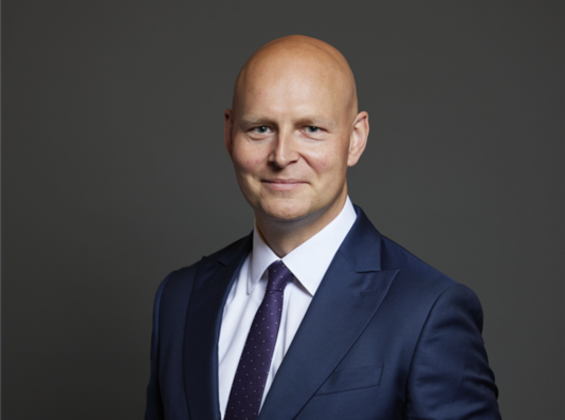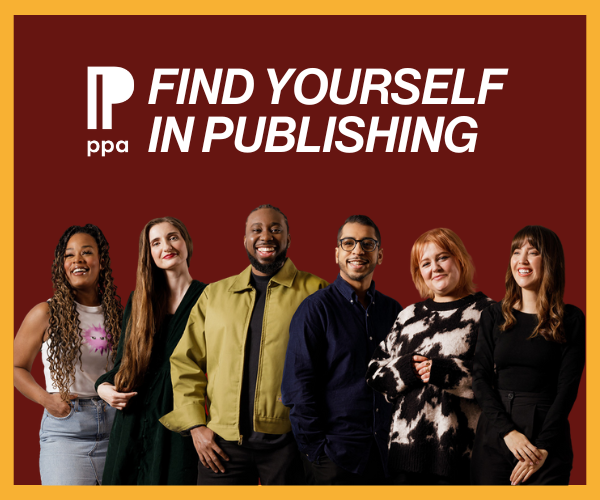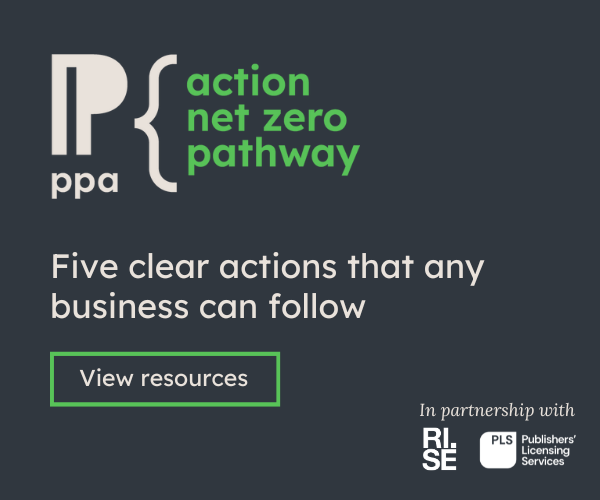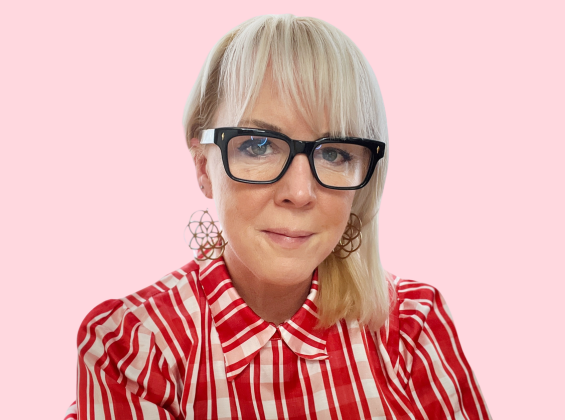What made you want to work in publishing?
I started my work in printing and then decided it would be good if I tried to do a bit of publishing. I started to publish myself and then magazines for other people and when I was 29, I was given the opportunity to produce my own art magazine. It was sold in the Royal Academy in London and book shops throughout the UK and I thought ‘this is brilliant.’
Chart your career from the start to where you are now.
When I was young I was a commercial printer – although I was never trained properly and I would just pretend until they realised I couldn’t print, and then they would sack me! But I managed to get some knowledge of how it worked. After working at about 9 printing companies, I managed to get a job because I had become quite good and was fascinated by the process. I worked for the English Folk Dance and Song Society who gave me the chance to publish a book of prints of the river Thames, which I sold all over the place. After 3 or 4 years I started my own printing company and I started to publish magazines with other people. I published my first art magazine in 1975, a magazine for the Tate gallery and a book for the Royal Academy. In 1991, I got the chance through Gordon and Anita Roddick of The Body Shop to start the first street paper in the UK – The Big Issue.
Was there a particular moment in your own time living on the streets that compelled you to create The Big Issue?
I was homeless at 5, then in an orphanage, in a boy’s correctional institution in my teens and then a rough sleeper, drinking getting into trouble and being a real pain in the rear – you wouldn’t have wanted to meet that John Bird! One of the little jobs I had was working for Richard Branson. He started a magazine called The Student. I found these guys selling this magazine and pretended I was a student. By that time, I had realised I wanted to get into magazine publishing and The Student became the model for The Big Issue.
How did it feel to get recognition for The Big Issue’s innovation during the heights of the pandemic at PPA Scottish Magazine Awards?
While I’m the Editor-in-Chief I don’t get involved that much and leave it to the very talented editorial staff. Every now and then I get a pat on the back but it’s really them that should be getting the pat on the back. I really believe in meeting people and helping them get on and most of the people who work at The Big Issue are great and we should be sharing the awards and we should share the glory because it’s them!
Do you think the pandemic has changed magazine publishing for the better?
What’s happened at The Big Issue is that we find it very difficult to sell on the streets with the lockdown. It’s been very difficult for The Big Issue because we had to completely stop selling on the streets following the lockdown. We have therefore had to move into digital and subscripition which is a very new world for us and it has not been easy. There is no doubt that publishing has changed and will change a lot because of COVID.
Were there plans to move parts of The Big Issue online prior to lockdown or were you forced to adapt?
Our move to online was very much forced by what happened with the pandemic. Necessity is the mother of invention. In that way it’s good that we’ve had to change our approach. In an ideal world we would continue to sell on the streets and continue to sell in other areas. Long term I’d like to think it would still be a combination of both.
Has the move to more digital content made The Big Issue more accessible to consumers?
We have had to rethink what the consumers want because ultimately people feel like they are now living in a ‘different time’ and therefore want a different magazine. I’ve changed – I’ve stopped reading magazines and now read different ones. Magazines are definitely here to stay and I think there is a real chance for innovation in the industry.
How has your life changed since becoming a member of the House of Lords?
It’s got busier! It’s got a bit more useful – it means we can bring a lot more things together. We can raise the profile because people like the association with someone in the chamber. It opens more doors.
What's on your radar?
The Future Generations Bill that is going through the House. It’s a bill to tear up the old ways that governments make decisions. It’s to get rid of the short-termism. If it became an act it could have a big effect.
What magazine do you stockpile?
The Times Literary Supplement because it’s got loads of articles about books that are interesting. It’s a shortcut to keeping you up to date with books without actually having to go and buy them.









